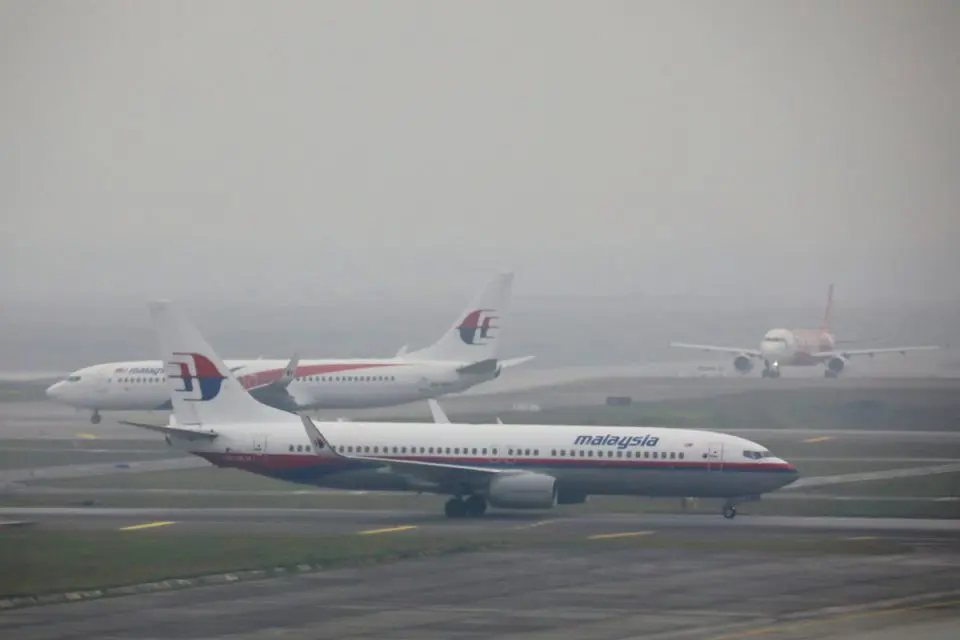DHAKA, Aug 30 — Air pollution is reducing life expectancy by five years on average for people in South Asia, one of the worst regions having polluted air, according to a report.
The region accounts for more than half of the total life years lost globally to pollution, according to Anadolu Agency citing the Air Quality Life Index (AQLI) report prepared by the University of Chicago’s Energy Policy Institute (Epic).
The report, published on Tuesday, blamed fast-growing industrialisation and population growth among the major causes of the worsening air quality in the region.
Among the countries in South Asia, Bangladesh has the worst air. Air pollution is cutting the life expectancy per person in Bangladesh by 6.8 years, it added.
In Bangladesh, India, Nepal, and Pakistan, the AQLI data reveal, “residents are expected to lose about 5 years off their lives on average if the current high levels of pollution persist, and more in the most polluted regions — accounting for more than half of the total life years lost globally due to pollution”.
“Three-quarters of air pollution’s impact on global life expectancy occurs in just six countries, Bangladesh, India, Pakistan, China, Nigeria and Indonesia, where people lose one to more than six years off their lives because of the air they breathe,” says Michael Greenstone, the Milton Friedman Distinguished Service Professor in Economics and creator of the AQLI along with colleagues at the Epic.
Particulate pollution remains the world’s greatest external risk to human health, with the impact on life expectancy comparable to that of smoking, more than three times that of alcohol use and unsafe water, and more than five times that of transport injuries like car crashes, said the report.
Meanwhile, there is a large global fund for HIV/AIDS, malaria, and tuberculosis that annually disburses US$4 billion toward the issues, but there is no equivalent set of coordinated resources for air pollution, the report said, seeing an immense opportunity to play a role in reversing this by better targeting and increasing funding.
— Bernama-Anadolu Agency
Tags:
Wednesday, 30 August 2023





